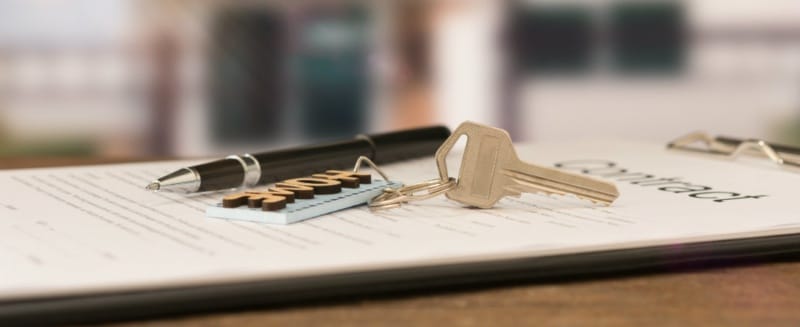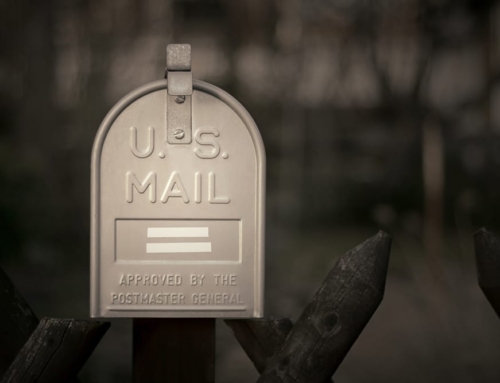If your name is on a home title but not on the mortgage, you can still buy property and qualify for a mortgage.
Q: My name is on a title of a home but not on the mortgage. If I want to go out and purchase property or a home will my name being on a title affect my ability to qualify for a mortgage?
A: If you own a home with somebody else but the debt is not in your name, you should have no problem going out and buying another property. Usually, credit reporting agencies obtain information on payments from borrowers from lenders for their algorithms. In your case, the lender that holds your home’s loan does not have your name tied to that loan. So they shouldn’t have anything to report for you.
Having said that, there are times that real estate taxes and other obligations related to homeownership rights get reports on the people that presumably pay those taxes or other obligations and those would get reported. While you might see your name on some items related to the home, you probably will not see the debt tied to your name.
The smart thing to do is to check what your credit report looks like before you start applying for credit. A great place to start is at AnnualCreditReport.com. This is the one site sponsored by the three major credit reporting bureaus (required by the Federal Trade Commission) that allows you to get one free credit report per year from each of the three credit reporting bureaus. We’d suggest you log on and download one credit report. If you don’t already get a free credit score from your credit card, you may want to pull a copy of your score to see where it is.
Once you have the report in hand, you can see the history of your financial life. You should see active and dead credit cards accounts. You’ll see a history of other debts that you may have or have paid off. But hopefully, you won’t see a debt payable with a balance to the lender on the home you own.
While you are checking your credit history, make sure the information is accurate, that there aren’t any debts that are showing unpaid that you paid off in full, and that you aren’t showing any late payments or that you aren’t showing any debts that have been written off. If there are mistakes or errors on your credit history, pull copies of your credit history from the other credit reporting bureaus. Then, call the phone number (if one is provided) or contact the company through the email address provided at the bottom of the credit report. You’ll want the credit reporting agency to have that information either removed or verified, especially is the errors are serious enough to ding your credit score.
If you have trouble understanding what you are looking at on your report, you might want to sit down with a mortgage lender or mortgage broke and go over the report. Understanding your credit history is key to getting approved for a loan, checking card or other form of credit.









If name is on title but not the mortgage can I qualify as first time home buyer in another state?